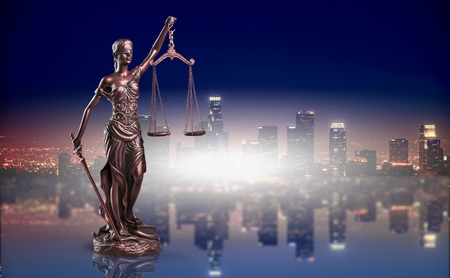MUSICIANS AND COPYRIGHT
If you are a musician, it is important to have a basic understanding of copyright law and the protections available to you. Firstly, it is crucial to note that copyright protection automatically applies to an original work as soon as it is recorded or fixed in a tangible form. For instance, when a song is saved in an audio file or when a musical composition is transcribed into sheet music or a digital file. No further action is required on your part to have your work protected by copyright. As the owner of your music, copyright grants you the exclusive rights to reproduce and sell copies, distribute those copies, create derivative works based on your original work, and, subject to certain limitations discussed below, publicly perform or display the work.
There are two distinct types of copyright-protected works that can be created when you record a song: a musical work and a sound recording. These two works, although interconnected, are considered separate entities in terms of copyright protection. The sound recording encompasses the actual recorded performance, while the musical work includes the music, lyrics, and other creative elements contained within the recording. It is important to note that these works are governed by different regulations and are often owned and licensed independently of each other.

